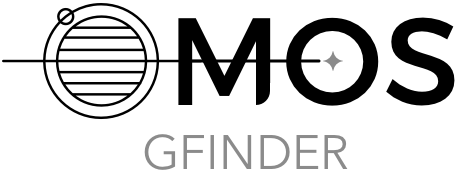Opportunity module
Opportunity module#
Opportunity module.
- class gfinder.opportunity.Opportunity(mission_scenario, opportunity_definition, time_inputs, binning=1, sim_sc_att=False, sim_scanner=False, dict=None)[source]#
Bases:
objectClass that represent a calculation of opportunity times and/or geometry.
- cross_validate(ck_file)[source]#
Cross validate MOS and AGM simulated pointings.
Used by PTR Exporter class.
- class gfinder.opportunity.OpportunityDefinition(odf_file, target=None, binning=None, majis_scan_angle=None, sc_slew_angles=None, datastore=None, replace_defvar=True, **kwargs)[source]#
Bases:
objectClass representing an opportunity definition.
Constructor method.
- Parameters
odf_file –
target –
binning –
majis_scan_angle –
sc_slew_angles –
datastore –
- class gfinder.opportunity.TimeInputs(time_inputs_dict, opportunity=None, mission_scenario=None)[source]#
Bases:
objectClass that represents time inputs required for computation (search or simulation).
A TimeInputs object is used to initiate an Opportunity object.
- opportunity_id#
opportunity identifier
- event_id#
mission event identifier
- start_time#
start time
- stop_time#
stop time
- time_step#
computation time step in seconds
Inits TimeInputs object.
- Parameters
time_inputs_dict –
opportunity –
mission_scenario –
- derive_event(opportunity=None, mission_scenario=None)[source]#
Derive Event object associated with time inputs.
if opportunity_id is provided, search result time window is used. It has precedence over all other following inputs.
if no event_id is provided:
if start_time and stop_time (in UTC) -> used to create event object.
if only start_time -> time_step and n_steps are used to derived stop_time.
if no start_time and stop_time -> kernels coverage start_time and stop_time are used.
if event_id is provided:
if no start_time and stop_time -> event_id, start_time and stop_time are used (duration must be different than 0).
if start_time and stop_time -> start_time and stop_time (in relative time) are used with event_id reference time.
if only start_time -> time_step and n_steps are used to derived stop_time.
